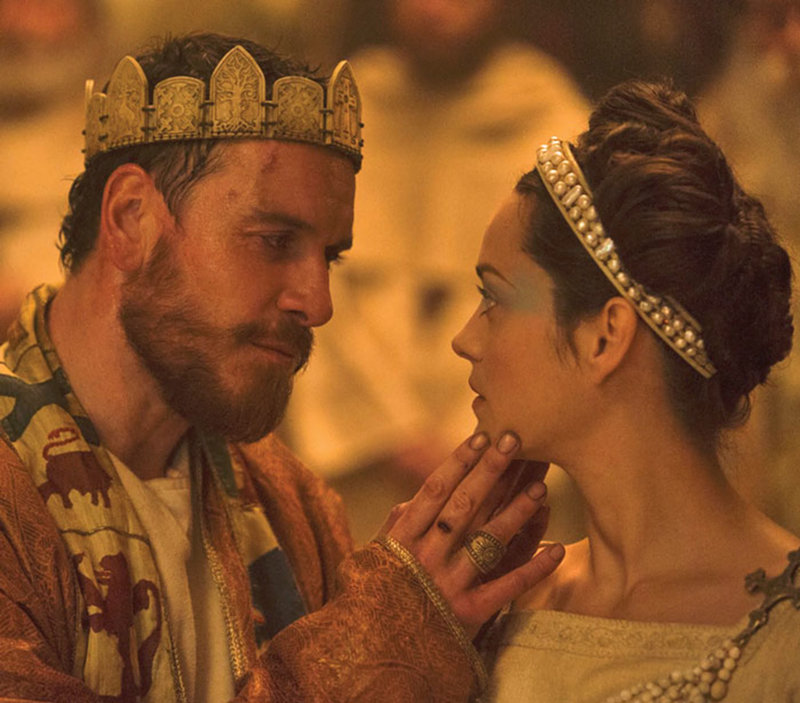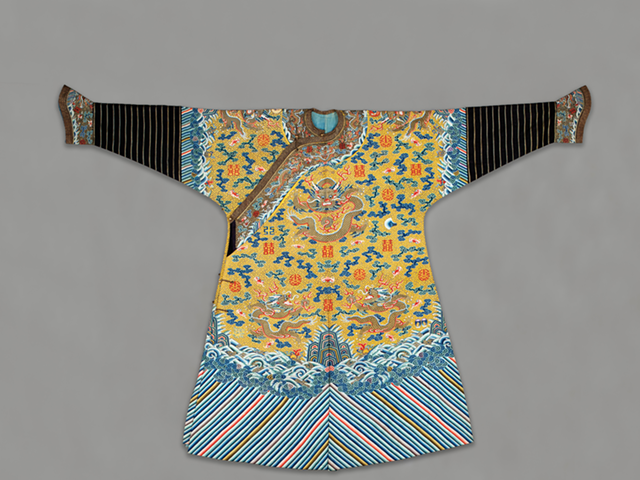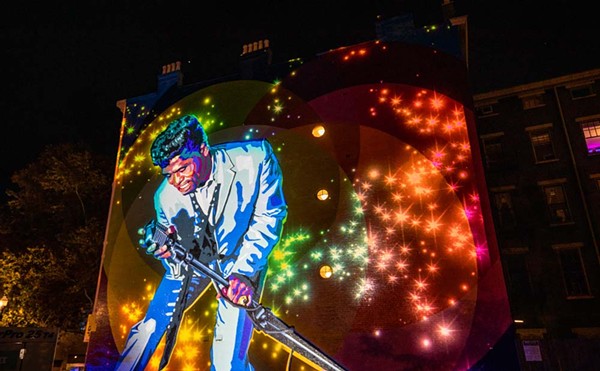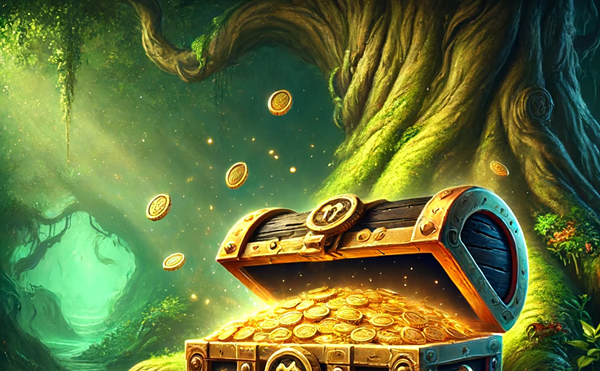For the past eight-plus years, I have been facilitating an evolving after-school program that began quite innocently with me subbing in for my CityBeat colleague Kathy Y. Wilson. She had been commissioned by the now-defunct nonprofit writing collective InkTank to develop a series for Lighthouse Youth Crisis Center participants to introduce them to writing as a creative outlet, and potentially as a career. When Wilson found herself juggling a few too many plates at one time, she reached out to me, aware of my interest in working with teens and, of course, I jumped at the opportunity. I had no real plan or curriculum or, quite honestly, the time to create some proposal that would likely satisfy the kinds of academic standards laid out under No Child Left Behind.
What I did have was a collection of stories and anecdotes about not just the writing life but what I have come to appreciate as the critical life, what amounts to my own personal philosophy of following my curiosity down the proverbial rabbit hole. I also brought a particular gift of gab that transforms those often-tangential snippets into a version of the Yellow Brick Road to an Oz-like realm of wonder and inspiration.
From a finite weekly project to a series of independently contracted programs with three current nonprofit partnerships (Lighthouse Youth Crisis Center, Happen, Inc. and WordPlay), this sideline gig now has a makeshift name (WatchWriteNow, which I have been hashtagging in tweets every chance I get for almost six months now) and a mission that has reflexively turned its inspirational mojo back onto its would-be creator.
It started out as a means of paying it forward. I constantly share the story of how Cleve Latham, my high school AP English teacher, allowed me to interrupt class on the Monday following the opening weekend release of David Lynch’s Blue Velvet back in 1986, to discuss the surreal skewering of small town Americana on its own spiky underbelly. While it has been a long, strange road from that point to my time now as contributing film editor and film club facilitator, I am indebted to Latham for casting that initial little bit of light on the path for me, and I believe it is only right for me to do the same for some other young wanderer.
But, now, thanks to my collaboration with WordPlay in Northside, I have a group of teens that are going toe-to-toe with me, sharing stories about their encounters with the movies of their age and the challenges they face with the classics. So often, as a working critic and die-hard film enthusiast, I offer pat proclamations about the film canon, daring anyone to challenge what I’m laying down as gospel. I hear the reverential tones I apply to the names Hitchcock and Scorsese. I hasten to chastise anyone who says they love Christopher Nolan and yet hasn’t checked out Following or to berate the Darren Aronofsky bandwagon-jumpers who flocked to Black Swan, but haven’t tasted the eternal waters of The Fountain.
Recently, I found myself debating the merits of The Godfather saga — right behind Blue Velvet on my all-time favorites list — with a couple of members of the WordPlay WatchWriteNow family. The films are far too long for us to watch any individual installment during our allotted time, but I urged them to use whatever viewing service/option appeals to them (and thankfully, one of them is old-school enough to still make weekly trips to the library for DVDs) and sample Francis Ford Coppola’s epic for themselves and report back.
The following week, when I asked about their weekly viewing experiences, one of the teens raised his hand and nonchalantly shared that he had watched Taxi Driver. I could barely contain the star-power threatening to burst from my chest, even more so when he added that he wasn’t much of a fan.
“I found it to be kind of over-rated,” he said and rather than being offended, I asked him to go into more detail — and the response was fascinating. The shock and awe of that film, for me, is rooted in my relative proximity to the time frame of its release. Teens today have seen far more sensibility-challenging images and stories — one of the students that day had earlier admitted to having seen The Human Centipede, which straps torture porn into an old Chevy Nova and drives right over the cliff (thank you kindly, Tom Six) — so the impact of Travis Bickle’s final violent rampage is diluted. I recalled renowned film critic Pauline Kael’s explanation that Taxi Driver “makes us understand the psychic discharge of the quiet boys who go berserk,” rather than attempt to pass moral judgment. An argument could be made that there aren’t any judgments made regarding the seemingly normalized world of serial killers gracing our screens.
My aim is to encourage the group to continue sampling films from across the spectrum, beyond the offerings I will present, because what we are doing for each other, every week, is charting an honest and open critical course for the future.
CONTACT TT STERN-ENZI : [email protected]






